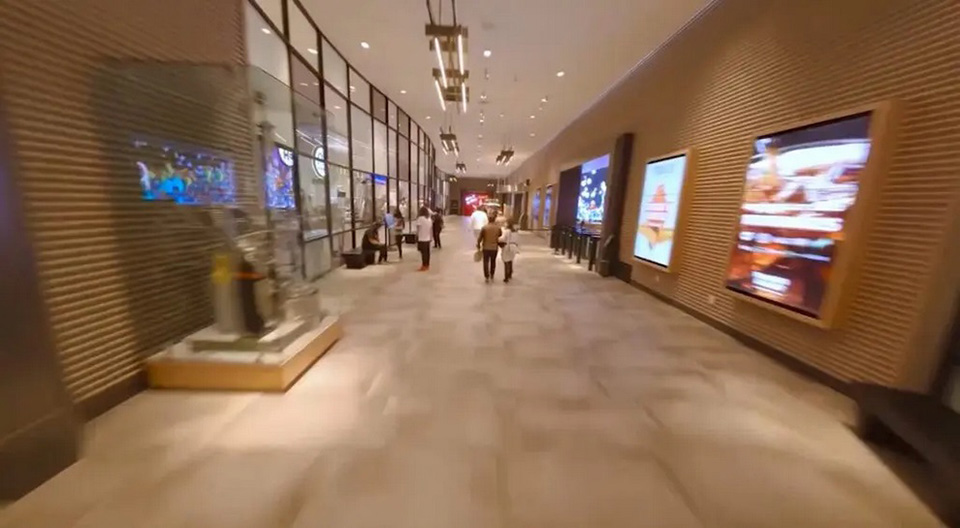
BANGKOK, Thailand – Thai cabinet has approved in principle a draft bill to establish integrated entertainment complexes, a move aimed at boosting tourism, stimulating the economy, and addressing illegal gambling.
The cabinet endorsed the draft bill on integrated entertainment complexes proposed by the Ministry of Finance, Prime Minister Paetongtarn Shinawatra announced after the cabinet meeting on Monday.
The initiative aims to boost tourism and investment while tackling existing illegal gambling activities, contributing positively to society and promoting sustainable tourism, aligning with the government’s policy of creating “man-made” tourist destinations.
The Prime Minister cited Singapore as a successful example, where entertainment complexes, with casinos comprising only 10% of their offerings, have significantly boosted tourism and GDP growth. She stressed that similar benefits could be achieved in Thailand if the project is implemented promptly.
The Ministry of Finance will submit the bill to the Council of State for legal review to ensure consistency with existing laws and government policy statements made to parliament. It is expected to be presented to parliament within the next two to three months, followed by the Senate.
The government emphasized that the integrated entertainment complexes are envisioned as world-class family entertainment destinations offering diverse experiences to attract tourists and high-spending visitors.
The project aligns with the government’s policy to promote new forms of tourism, including man-made attractions like water parks, amusement parks, shopping centers, and integrated entertainment complexes, featuring concerts, festivals, and world-class sporting events.
The government anticipates several key economic benefits from the project. It projects a 5-10% annual increase in foreign tourist arrivals and a 13% boost in spending during the low season. Per-trip spending is expected to rise from 44,000 to 66,043 baht per person.
The project is forecast to generate 12-39.4 billion baht in annual revenue for the state, along with 8.7-35 billion baht in annual tax revenue from related businesses like five-star hotels and amusement parks.
Casino operations are expected to contribute at least 3.2 billion baht annually through license fees and gaming taxes, plus a minimum of 3.7 billion baht per year from casino entry fees.
These revenues will be used for national development, infrastructure improvements, social welfare, education, and other public benefits.
The project is also expected to create at least 9,000-15,300 jobs, increasing Thai employment by 0.03-0.05%. (TNA)










